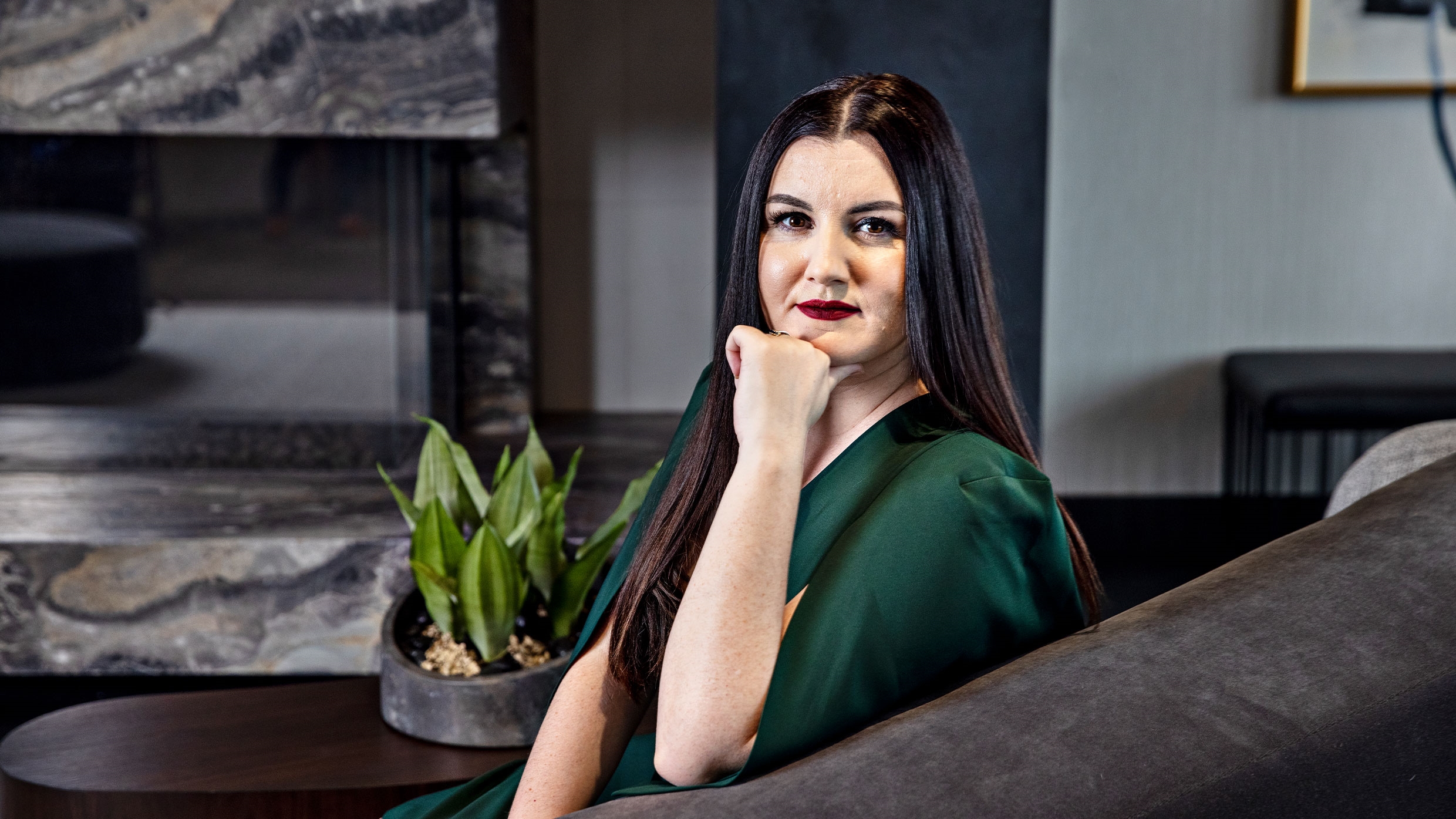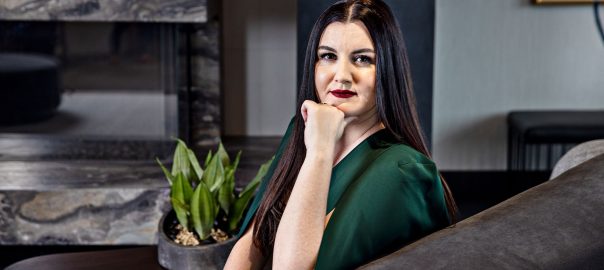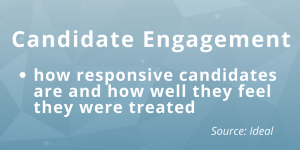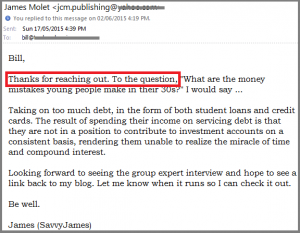On the eighth and ninth floors of a pristine building in a research park in Salt Lake City, employees in gray uniforms tread under gold light fixtures, past abstract artwork, and around plush couches in the waiting area where they check patients in. This isn’t a high-end spa, though the gentle intake process was designed to mimic exactly that kind of environment. It’s the Metrodora Institute, a $35 million clinic and research facility cofounded last year by Instacart CEO Fidji Simo. Metrodora is dedicated to treating women with neuro-immune axis disorders: diseases including endometriosis, Guillain-Barré syndrome, long COVID, multiple sclerosis, lupus, and more, in which the immune system appears to attack the nervous system. It opened to the public in March, and by the end of the year it expects to be treating 15,000 women, both at this outpatient facility, where there are currently thousands of people on the waitlist, and remotely, via telehealth consultations.
The hospital-like aspects of the clinic—the gurneys, feeding tubes, pelvic exam rooms—exist alongside the VR-assisted treadmill area, serene yoga space, and cozy suite where patients with mobility issues can practice getting in and out of bed. Simo says that the arrangement is designed to identify and treat the poorly understood combinations of symptoms associated with neuroimmune disorders, which can include anything from nausea and food intolerances to brain fog and more.
Simo, a marketer by training who spent more than a decade at Meta, eventually overseeing the flagship Facebook app, describes herself as “someone who always thinks of everything as a system.” She was inspired to start Metrodora after dealing with endometriosis during pregnancy and then falling sick again with another chronic illness, postural tachycardia syndrome, or POTS, which is triggered when a patient’s heart rate increases rapidly upon standing, causing light-headedness. It would take a couple of years for her to learn that though the symptoms for both illnesses are different, they can be related, and having one makes you at higher risk for having the other. “I found that the level of care and the ability to find cures was, honestly, so poor,” Simo says. She wanted to create a clinic that would emulate cancer treatment centers like Houston’s MD Anderson, where silos between fields are removed, and treating a patient can involve many different specialists working together. When dealing with issues of the nervous system, she says, “we need to understand the pathophysiology of the disease. We believe that every human is unique. Personalized medicine should be a thing.”
Personalization is central to her primary job, too. As CEO of Instacart, she works constantly to better tailor grocery delivery to individual customers. They are vastly different businesses, of course, but there is overlap: Both involve copious amounts of data, and both are complex marketplaces, with multiple stakeholders. At Instacart, Simo says that means keeping stores, brands, customers, and delivery people happy, while at Metrodora, where she is president—cofounder and neurogastroenterologist Laura Pace is CEO—it’s about caring for patients, staff, investors, and data partners. Combined, that’s a whole lot of interests for one person to manage, no matter how much yoga and soft lighting is involved. Simo, 37, the daughter of a sardine fisherman and boutique owner from the seaside town of Sète, France—she was named after the perfume by Guy Laroche, which her mother wore—takes a sunny view of it: “I just love learning,” she says. “It sounds so cliché, but I get so excited in the job when I’m learning something new.”
Metrodora, which is funded by private investors, including Simo herself, is a for-profit clinic and research center (though it does take insurance and operates a related nonprofit research foundation). Simo says it would have been difficult to raise the $35 million seed money needed with a nonprofit designation. Perhaps, but underneath Metrodora lies a savvy business model: The institute collects complete sets of data and samples from consenting patients and provides them to partner labs at research institutions and biotech firms that use them to help find cures. Agreements with institutions differ, but Metrodora and its investors could potentially profit in the future from cures they had a hand in producing.
Sequoia Capital partner Michael Moritz, who invested $8.9 million in Instacart in 2013 and sat on the company’s board, recalls the drive he made from San Francisco to Simo’s home in Carmel-by-the-Sea to persuade her to become Instacart’s CEO. She’d been happy at Meta, where for years she gamely answered tough questions from the public about security and privacy head-on and with a smile. At the same time, she was considering leaving Meta to devote all of her time to Metrodora, which she had been working on for a year. “I think she realized she would be a grandmother before possibly running Meta, and I told her she was too young to not run a company [that could become public],” Moritz says.
Simo, who was already on Instacart’s board, was persuaded. “I felt like we could create an ecosystem of partners and help all of them win,” she says. She plowed ahead, working on Metrodora in her spare time. “I always joke that when you have a chronic illness, you’re not going to go hiking or take up tennis. My hobby is building [Metrodora],” she says. “A lot of the value I bring is not necessarily the number of hours I put in, but the way I think about strategy and the ambition of the clinic, and how I use my connections in the industry.”
Sheryl Sandberg, who wrote two books and started a foundation while Meta’s COO, describes Simo as “a leader who gets great results out of people while also being kind and generous.” Though Simo’s diplomatic skills, which Sandberg highlights—negotiating, reassuring, cajoling parties with competing interests—are essential to her work at Instacart and Metrodora, Simo is nevertheless unmistakably “in charge,” as the diamond-encrusted necklace she wears near her collarbone reads. Not that it’s been easy.
The 10-year-old Instacart had enjoyed a pandemic bump in 2020—sales rose 330% that year—but when Simo took over as CEO from cofounder Apoorva Mehta in August 2021, growth had slowed. The company had been accused of not adequately compensating some delivery workers who suspected they had COVID-19 and were instructed to self-isolate, and not helping others with issues like tip-baiting, when customers promise a large tip only to change their mind once items are delivered. There was also Instacart’s perennial problem: Stores were wary of the platform eating into their margins, since the company charged hefty fees.
Then, just over a year after Simo took the reins, tech stocks crashed. Instacart, which had been on the verge of going public, postponed its IPO. Employees waiting to cash in on their equity were further upset to see the company slash its internal valuation from $39 billion in early 2022 to $10 billion at the beginning of this year in response to an industrywide market correction. (The company recently raised its internal valuation to $12 billion, according to The Information.)
Fittingly, given Instacart’s logo, Simo has been leading with a carrot rather than a stick. As soon as the IPO was postponed, employees who would have made money from the listing were given cash bonuses. Despite a few high-profile defectors such as grocery chain Heinen’s, the rate of attrition for stores on the platform has stayed at a low 2% since the pandemic began. Simo has also worked to bring thousands of small businesses onto the platform, hoping to prove that it will not harm their bottom lines. In addition, after embarking on a listening tour with delivery workers, she instituted measures including a reward system for those who stay with the company and app features to prevent tip-baiting. But it’s unclear how much Instacart’s relationships with delivery workers has improved. The company doesn’t release data on its attrition rate, but social media and even Simo’s own Instagram are filled with comments from employees angry about the way Instacart treats them. “There is incredible diversity in our shoppers,” Simo says. “These people fundamentally want flexibility, and we want to provide that along with the benefits and protection that they deserve.”
Instacart’s recent profit bump, a 39% rise in year-over-year revenue last year (sales grew by 15% in 2022, though average order size shrank), stems partially from its advertising business, which uses data about shoppers to sell ads in a way that’s not too different from how Facebook operates. Brands such as Philadelphia cream cheese and Cheez-It can advertise to Instacart consumers as they shop—and even produce custom content around ingredients, giving users recipe ideas.
Recently, Simo has been applying her knowledge of healthcare to her work at Instacart. The newly launched Instacart Health lets customers’ own doctors suggest items they should buy, with part of the healthy haul covered by medical insurance. The platform “uses technology to solve the problem of nutrition,” Simo explains, adding that “a lot of insurance companies would benefit from reimbursing the cost of fresh food, but they haven’t had a technology partner that can scale to the entire country.”
Meanwhile, she’s also applying her knowledge of grocery delivery to her work at Metrodora: Content filmed in Metrodora’s test kitchen features chefs walking viewers through recipes that adhere to whichever diet their doctor may say will alleviate their symptoms, whether it’s gluten-free, sugar-free, or carb-free. Ultimately, if they can’t make it to Metrodora, they can order through Instacart: Shopping lists are included with Metrodora’s videos so that all the groceries can be ordered with one click. As Simo might say, everyone wins.

(4)







